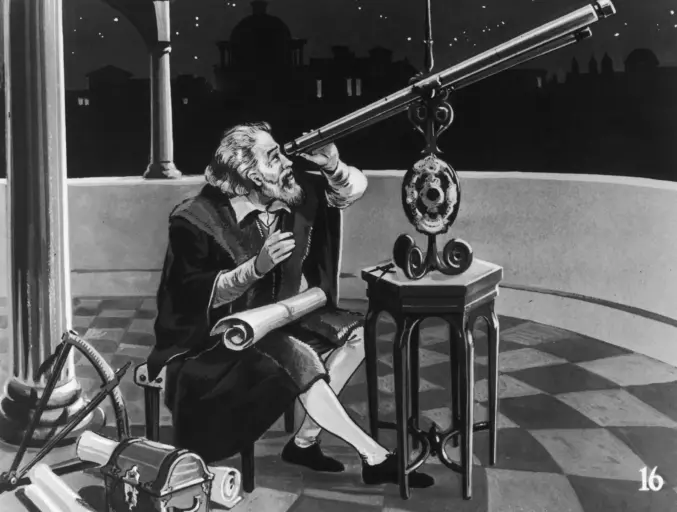
“All truths are easy to understand once they are discovered; the point is to discover them.” —Galileo
It’s now universally accepted that the Earth orbits the sun every 365 and one-quarter days. However, approximately 400 years ago, civilization was taught that Earth was the center of everything. Back then, people didn’t believe in the heliocentric solar system. The Catholic church put the Italian astronomer Galileo on trial for spreading controversy that the Earth wasn’t the center of the Universe and he was sentenced to penance and imprisonment.

In his day, most people thought Galileo was crazy and didn’t listen to him. People couldn’t accept this new idea. They’d long been told that God had created the Earth and it must be the center of everything, and they were anchored in their belief. Such behavior is now recognized as a cognitive bias called anchoring.
Anchoring causes us to rely heavily on the first piece of information we’re given about a topic. In an anchoring scenario, we humans tend to base our decisions on the information that’s known to us, without taking into consideration that it might not be relevant or that new information may conflict with the accuracy of the information.
As an example, someone intending to purchase a diamond engagement ring has been led to believe that it should cost them two month’s salary. This anchoring is illogical and irrelevant because, in reality, the person should only buy what’s affordable. Yet many prospective nearly-weds follow this irrational formula. They disregard budgeting and damage their financial future by succumbing to this anchored belief.
In most retail businesses, marketers use the cognitive bias to lure in customers. They will often show two price tags: the “original” price and the “discounted” price. Customers anchor to the original price as an item’s actual value and believe they’re reaping significant savings by paying the discounted price. Everyone loves a deal, but we consumers should always do our own homework as to why things are priced a certain way.
I’m not immune to anchoring bias. I’ve fallen into the trap when investing in real estate. Like many other prospective property buyers, I made an offer on a house based on the initial listing price without considering how, in most cases, the real estate agent listing the property will set the price using comparable sales and current market conditions. Yet a price based on these criteria may not be indicative of the real value, or of the price most buyers would be willing to pay. Realistically, as a buyer, I should have looked at the actual intrinsic value of the property. It’s possible that the seller may have been willing to take a lot less in the end.
To quash this bias, we must pause and evaluate because our initial response is likely a result of a faulty conclusion based on anchoring bias.
Here’s how to avoid falling into the anchoring bias trap:
1. Recognize when you’re attaching your decision process to one single source of information.
2. Argue against your initial thoughts. Explore alternative solutions and additional facts.
3. Consult a trusted friend or advisor to get another perspective or alternative ideas.
4. List the pros and cons of the choices that you have in front of you. Assign objective values to those choices.
5. Stay up on evolving price points, new data and statistics, and changing trends.
785 Views












